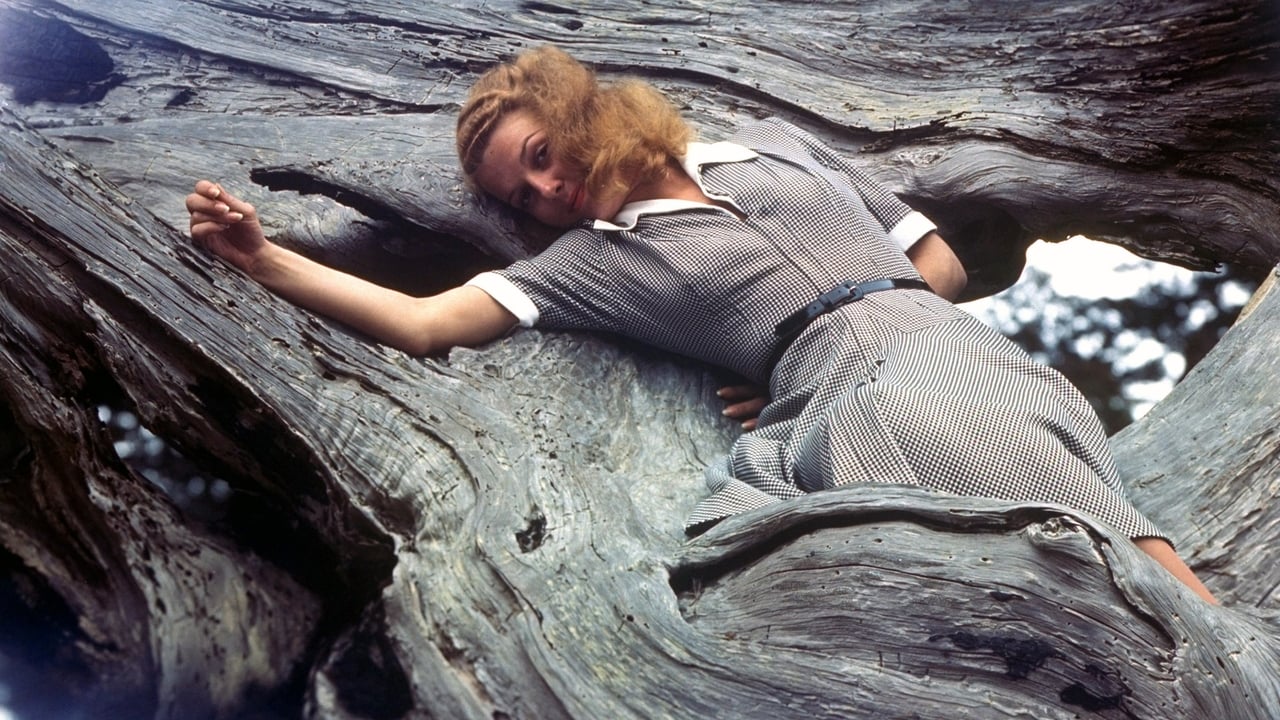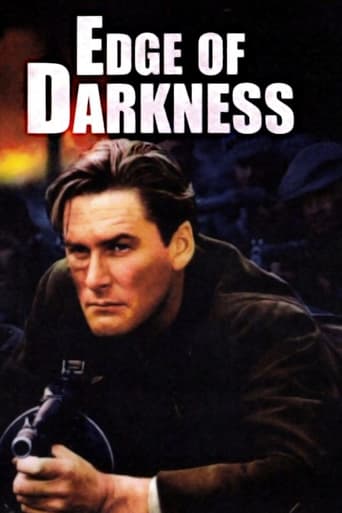

During WW2, a Norwegian fishing village is no longer flying the Nazi flag. After entering the village to find out why, the Nazi invaders are shocked to find carnage – dead bodies everywhere. The film then goes into flashback to describe the events that have led to this moment.There are pockets of resistance in the village that Nazi Captain Helmut Dantine (Koenig) has to contend with – small scale stuff but a continuous presence and fisherman Errol Flynn (Gunnar) and doctor's daughter Ann Sheridan (Karen) are usual suspects. Flynn, Sheridan and Dantine lead the cast admirably in their roles but not everyone fares so well, especially with the clichéd dialogue they are given. Cases in point are Polish floozy Nancy Coleman (Katja), the awfully saccharine Ruth Gordon who plays Sheridan's mother and the idiot headmaster Morris Carnovsky. They somewhat ruin the film in that we just don't care what happens to them. This is bad news given that they are given key sequences to act out. All meaning to their scenes gets diffused with other sentiments, mainly – what awful acting and stupid behaviour. Even doctor Walter Huston as Dunne's father left me indifferent and I've liked him in other films.I've been to Trondheim in Norway and it is pretty impressive and eerie with all the destroyers parked in the port. You can't help but feel a military presence, so I feel the urgency for these villagers to take their village back. Unfortunately, this film drags. It's OK to watch but could and should have been much better. There is about one memorable scene – check out what village vicar Richard Fraser does when he decides which way his bread is buttered.
... View More. . . by composing the hymn "A Mighty Fortress," which is sung in Norweigen, English (and perhaps Polish, French, and Swahili), as well as being played instrumentally in half a dozen keys throughout the two-hour running time for EDGE OF DARKNESS. Franz Waxman is credited with this score, but it is truly Luther who settled the score with the Nazis. He foresaw the rise of the Kaiser, the Fuhrer, and "Hitler's Pope" when he penned his lyrics about a world "with Devils filled." Just as the celibate Luther defied convention in being one of the first Roman Catholic priests to marry a nun and father lots of babies, the pacifist pastor in DARKNESS thinks outside the box when he kicks off the wholesale slaughter of the 150 Nazi soldiers stationed in Trollness by machine-gunning a platoon of them standing around in the village square from a window in his church belfry. DARKNESS illustrates Luther's point that "though the Devils take your house, goods, kids, and spouse," you can still have the last laugh by exercising your Second Amendment Rights. After all, Martin did not write that a gun-free zone was "a bulwark never failing."
... View MoreMade during the middle of WW2, "Edge of Darkness" tells how the Norwegian citizens of Trollness, led by a resistance fighter played by Errol Flynn, rose up and liberated themselves from their Nazi oppressors.Although the film is probably as close to real events as "Cowboys vs. Zombies", historical accuracy wasn't the number one priority of the filmmakers. The film was a contribution by Warners Bros to the Allied war effort, and is so stirring that if people didn't rush off to enlist as soon as they left the theatre then they would have at least bought a stack of war bonds. There is a lot of movie magic in the film. Location footage was combined with scenes shot on the sound stage with a great deal of miniature work thrown in. This mixture gives the film a somewhat mythical quality; we are drawn into the isolated, almost claustrophobic world of Trollness, where the battle, physical and ideological, is fought between the Norwegians and the Germans.These days we accept Errol Flynn as a far better actor than was probably acknowledged back then when his activities in the bedroom seemed to blur any appreciation of his talent. He underplays here and is very believable as is Ann Sheridan.However, Helmut Dantine stole the show as the commander of the German garrison. Dantine could 'master race' with the best of them. Hollywood had some very effective actors who specialised in playing Nazis, but Dantine could out-heel click, out-Heil and out-face slap any of them. Although Nazis of that era could never be portrayed sympathetically, Dantine created a complex character, seemingly on the verge of a breakdown.The most memorable sequence in the film is the uprising at the end. Much of the action is filmed with the same brilliant tracking shots director Lewis Milestone used in "All Quiet on the Western Front" especially as the Norwegians advance against the German machine guns or fight them hand-to-hand in the streets.There are many dramatic speeches in the film. A number of characters espouse ideas that probably weighed against the screenwriters a little later in the McCarthy era. After all, the biggest traitor in the film is also the major symbol of capitalism - the wealthy owner of the local cannery.The battle was also fought in the film's music. Franz Waxman counterpoints soaring renditions of Norway's national anthem and hymns with bursts of "Deutschland über alles" - all adding to the richness of the film.I can imagine this would have been an uplifting film to see during WW2. Even now it's hard not to get a lump in the throat as the Norwegians break into song in defiance of the Nazis. Corny to some maybe, but for me it's a classy piece of filmmaking from Hollywood's Golden Age.
... View More"Edge of Darkness" is a film built around the meaning of the word "quisling"--one who collaborates with the enemy--and the fact that the word comes from an infamous Norwegian. The story is about a Nazi-occupied Norwegian fishing village during WWII. Since Hollywood produced this film in 1943, it is not surprising that, like all films of the era, it succumbs to propaganda in place of authenticity.But this film goes completely overboard in its attempts to dramatize the philosophical differences between those who choose freedom versus those who seek to conquer. This is a film of caricatures. At times it has a noir style, but the leaden delivery of the dialogue sinks this film. If you read about the problems that plagued this production (see the trivia notes), you can understand how the performances might be compromised. Ruth Gordon, whose performance I enjoyed the most, said she hated the film.One major problem is the musical score, which is even more heavy-handed than the script. I have a feeling that the book might be a good read, but its translation to film is over the top. There are some well-written speeches that feel out of place in this corny rendition of wartime resistance. There are many films that do it better, particularly with regard to the French resistance. Or how about "Casablanca"?Much of the dialogue in this film is laughable, because it forces the characters to say things no one would ever say. "We are soldiers, soldiers of our Fuhrer. These are rebels. They must not win!" I really don't think audiences in 1943 had to be convinced that the Nazis were morally in the wrong. Yet films like this continued to beat them over the head with simplistic pleas that draw the Germans (and Japanese) as evil, sometimes even subhuman, people.I believe the story is meant to be about bravery and loyalty. It is somewhat successful at that, but the overall film sinks under the weight of its own overdone propaganda.
... View More